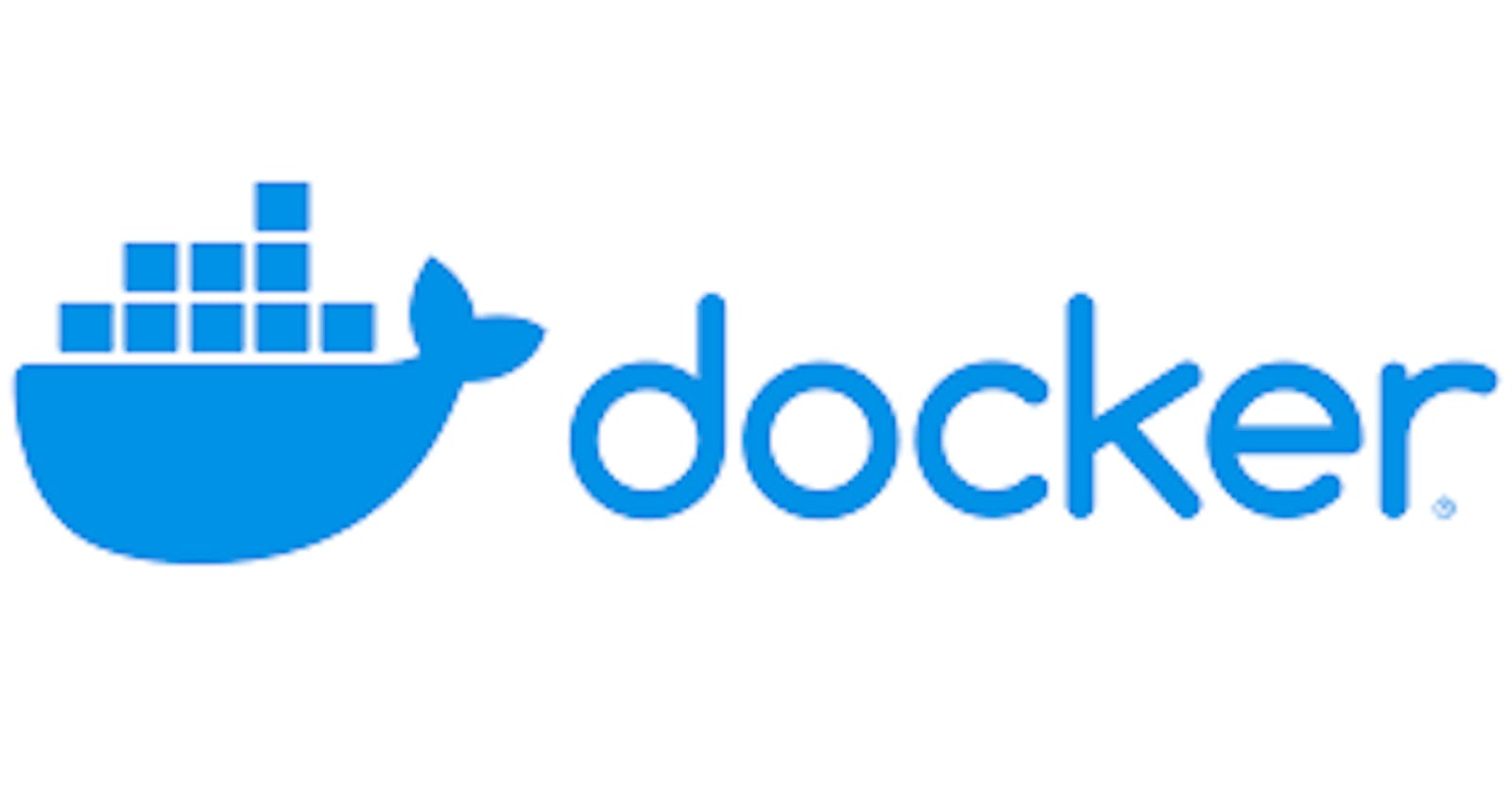Deployment Workflows
As a DevOps engineer, you’re no stranger to the intricate dance of deploying applications across various environments. The pressure to deliver software faster, more reliably, and with fewer hiccups can sometimes feel like juggling flaming torches while riding a unicycle. Enter Docker—a magical tool that can make your life as a DevOps engineer significantly less chaotic.
What Is Docker Anyway?
Docker is like a Swiss Army knife for containerization. It allows you to package applications and their dependencies into lightweight, portable containers. These containers are consistent across different environments, from your local development machine to production servers. Think of them as tiny, self-contained worlds where your app can thrive without worrying about the underlying infrastructure.
Why Should DevOps Engineers Care About Docker?
Consistency Across Environments:
With Docker, you can ensure that what works on your laptop also works on the server. No more “but it worked on my machine” excuses during deployment.
Containers encapsulate everything—an app, its libraries, and even environment variables. This consistency reduces the chances of unexpected surprises when moving from development to staging to production.
Streamlined Deployment Pipelines:
Docker fits seamlessly into your CI/CD pipeline. It’s like the missing puzzle piece that makes the whole process smoother.
Imagine building your app, testing it, and then packaging it into a container—all in one automated flow. Docker makes this dream a reality.
Fast and Reliable Deployments:
Docker containers start up quickly. No more waiting for ages while your app initializes.
Consistent environments mean fewer deployment hiccups. Your app behaves predictably, whether it’s running on your local machine or a Kubernetes cluster.
Infrastructure Agnosticism:
Docker abstracts away the underlying infrastructure. You don’t need to worry about whether your app runs on AWS, Azure, or your neighbor’s Raspberry Pi.
Write once, deploy anywhere. That’s the Docker mantra.
How Does Docker Fit into the DevOps Landscape?
Development Environment:
DevOps engineers can spin up containers locally for development. No more “works on my machine” discrepancies.
Collaborate with your team using the same containerized environment. Share Docker Compose files like secret recipes.
Testing and Staging:
Dockerized apps behave consistently across testing and staging environments.
Run integration tests inside containers. No more mocking services or praying that the staging server behaves like production.
Production Deployment:
Deploy Docker containers to production servers with confidence.
Use orchestration tools like Kubernetes or Docker Swarm to manage your containerized apps at scale.
Tips for DevOps Engineers Embracing Docker:
Learn the Basics:
Understand Docker images, containers, and Dockerfiles. These are your building blocks.
Explore Docker Compose for managing multi-container applications.
Security Matters:
Keep your Docker images up to date. Vulnerabilities lurk in outdated packages.
Limit container privileges. Don’t give them more power than they need.
Monitor and Optimize:
Monitor container performance. Tools like Prometheus and Grafana are your friends.
Optimize container resource usage. No one likes a memory-hogging container.
Keep Learning:
- Docker evolves rapidly. Stay curious and keep up with the latest features.
In Conclusion
Docker isn’t just a buzzword; it’s a game changer for DevOps engineers. It simplifies deployment workflows, ensures consistency, and lets you focus on optimizing your app’s lifecycle. So, raise your containerized coffee mug and toast to smoother deployments!
Sources:
